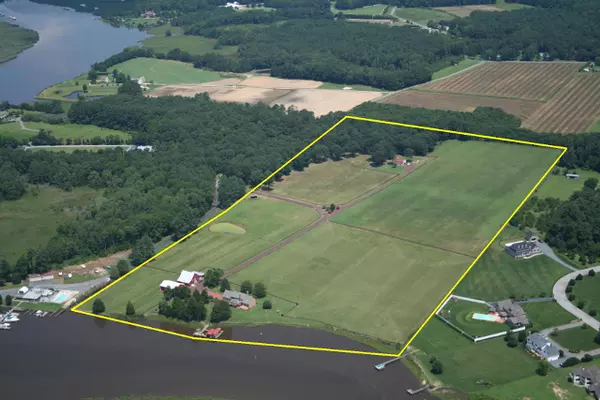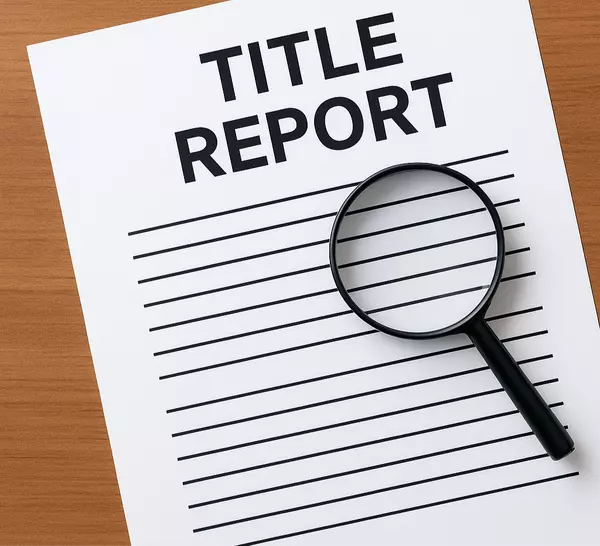AN OVERVIEW OF TRUSTS AND PROBATES
Probate is the legal process that takes place after someone has passed away in order to distribute their assets according to their wishes. Here is a complete overview of probate process including probate timeline.
A trust can either be set up during someone’s lifetime or after their death, and is a legal entity that holds assets for the benefit of another person. Trusts can be revocable – allowing changes to be made at any time – or irrevocable – set up with fixed terms that cannot be changed.
TRUSTEES AND FIDUCIARIES
A trustee is the person responsible for managing the trust, while a fiduciary is the party that oversees the probate process. Trustees and fiduciaries can either be appointed by the court or chosen by the person setting up the trust or probate. They are responsible for managing and distributing assets according to the wishes of the deceased, as well as paying any taxes or fees associated with the estate.
PROBATE COURT
The probate court is responsible for overseeing the probate process and making sure that all assets are distributed according to the wishes of the deceased. If there is any dispute over the distribution of assets, it can be addressed in probate court.
TIMELINE AND COST
The time frame of a trust or probate can vary depending on the complexity of the estate and any disputes that arise. Generally, a trust takes less time than a probate, as it can be set up before death and does not require court approval. Probates may take more time due to additional paperwork and court appearances. Additionally, there are usually costs associated with setting up a trust or probate, such as attorney fees and court costs.
ASSET MANAGEMENT
Assets held in a trust are typically managed by the trustee, who is responsible for making sure that assets are distributed according to the terms of the trust. For example, trustees may be responsible for investing assets or paying out beneficiaries. Probates involve going through the court system in order to distribute assets according to the wishes of the deceased.
TAX IMPLICATIONS
Depending on the type of trust or probate, there may be different tax implications for each. For example, trusts can help reduce estate taxes and provide asset protection, while probates may require taxes to be paid on any income generated from assets in the estate.
SUMMARY AND CONCLUSION
In this blog I discussed the differences between trusts and probates, including how they are set up, managed, taxed, and distributed. It has also provided an overview of the timeframe and cost associated with each, as well as tips for researching trusts and probates.
Trusts and probates are important tools for managing assets after death, but require careful consideration in order to ensure that assets are distributed according to one’s wishes. It is essential to research both options thoroughly, and consult with an attorney or other professionals, if necessary, in order to make the best decisions for one’s estate.
OTHER RESOURCES
There are numerous resources available for learning more about trusts and probates, such as books, websites, and attorneys who specialize in estate planning. Here is a link to my eBook 7 Big Mistakes Most Administrators and Executors Make While Going Through Probate”
FINAL THOUGHTS
Probate can be a long, complicated, and emotionally draining process. The combined complexities of your estate executors’ duties and dealing with your emotional loss of a family member or friend can leave you feeling exhausted and overwhelmed.
Parisa Samimi is the founder of Parisa Group and is a top producing agent with 20+ years of experience in the Bay Area. She has guided hundreds of clients through the probate process in the Greater San Francisco Bay area and the counties of Alameda and Contra Costa. As a certified probate real estate specialist, she is committed to giving her clients a clear picture of all their options so that they feel they are making the best decisions every step of the way during the probate settlement.
Click here to see a complete list of our blogs.
Topics include:
Why Real Estate is a good investment, the Home Act and what it means for East Bay homeowners, Making the most of your assets, Appraised Value vs. Market Value, Probate and Prop 19, Home buying and home selling process.













